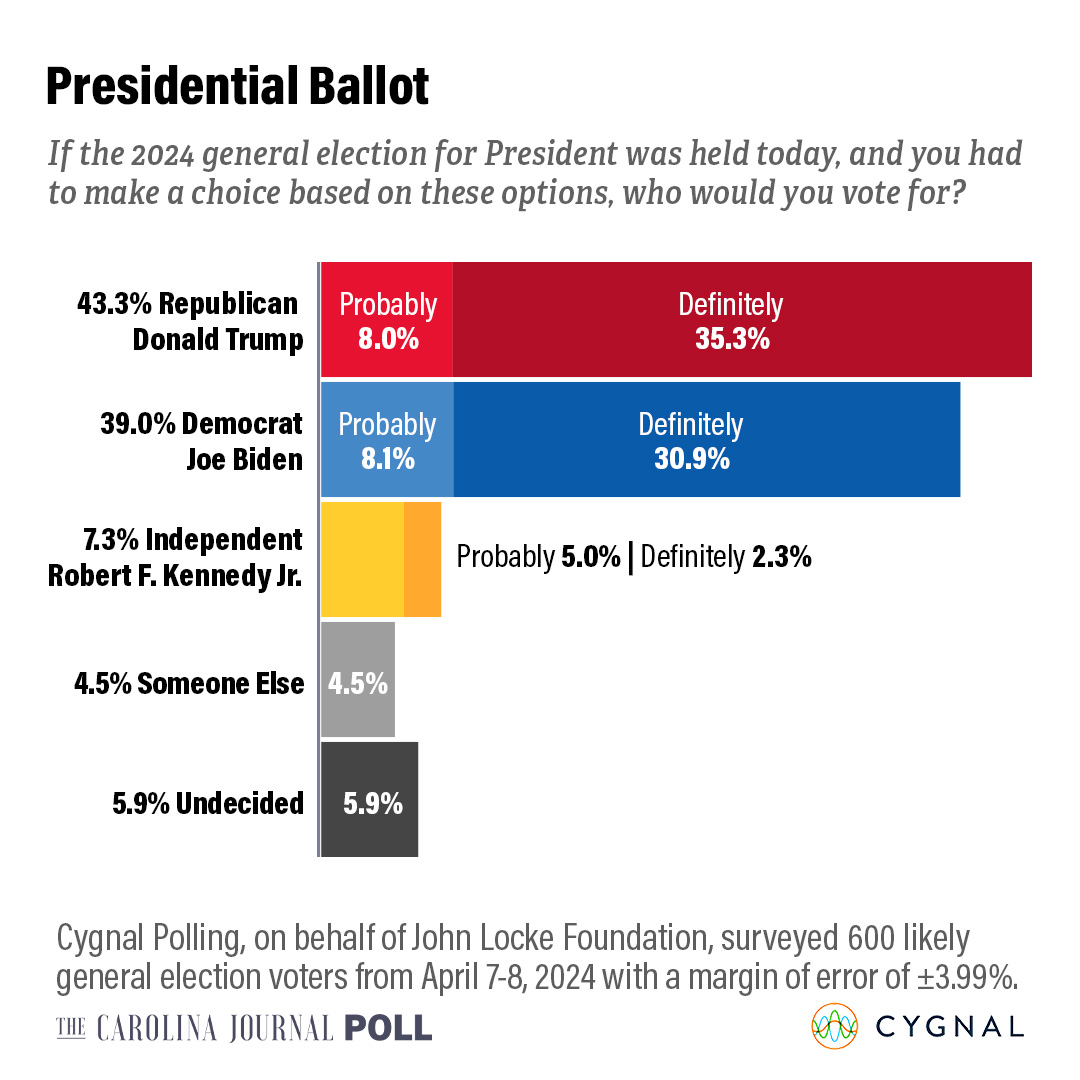Four of the nation’s largest phone carriers must pay a combined total of nearly $200 million for selling customers’ location data to third parties unlawfully, sparking conversations around privacy and technology policy.
The Federal Communications Commission said on Monday that AT&T, Sprint, T-Mobile, and Verizon illegally shared access to customers’ location information without consent and without taking reasonable measures to protect the information against unauthorized disclosure. The federal agency’s investigation found that each carrier sold access to customers’ location information to “aggregators” without customer consent. The information was then resold to location-based service providers, skirting the law by offloading its obligation to obtain customer authorization.
Sprint and T-Mobile, which have now merged as one, face fines of more than $12 million and $80 million. AT&T is fined more than $57 million, and Verizon is fined nearly $47 million.
“The protection and use of sensitive personal data such as location information is sacrosanct,” said Loyaan A. Egal, Chief of the FCC Enforcement Bureau and Chair of its Privacy and Data Protection Task Force. “When placed in the wrong hands or used for nefarious purposes, it puts all of us at risk. Foreign adversaries and cybercriminals have prioritized getting their hands on this information, and that is why ensuring service providers have reasonable protections in place to safeguard customer location data and valid consent for its use is of the highest priority for the Enforcement Bureau.”
The FCC cases were first proposed by the Trump administration, and the agency remains committed to holding all carriers accountable to protecting customer privacy.
Information pulled from smartphones can be used in clever ways; like in politics during an election year.
Companies can buy and sell personal data from browser cookies, web beacons, vendors, business partners like Amazon or Google, mobile service providers, social media platforms, and other sources. The pinpoint information can break down individuals’ interests, shopping trends, demographics, and political ideology, including opinions on voter fraud and support for Ukraine. Then, campaigns buy the data and use it to push digital ads, text messages, phone calls and door-knocking efforts.
In 2020, federal campaigns, super PACs, and special interest groups paid data brokers over $23 million to access veritable treasure troves of data on millions of Americans.
“Data about potential voters—who they are, where they are, and how to reach them—is an extremely valuable commodity during an election year” the Electronic Frontier Foundation recently wrote. “You’ve likely been receiving political texts for much of the past year, and that’s not going to let up until election day.
According to the Pew Research Center, 90% of American adults own a smartphone, enabling phone carriers to collect a wide scope of information based on individuals’ whereabouts and online activity. While laws require carriers to take reasonable measures to protect certain customer information, users often accept the terms and conditions without a second thought, allowing apps and other service providers to dish out their information.
The power of smartphone data collection was seen clearly during the COVID-19 pandemic panic. Third parties targeted specific voters with political ads based on location data during government lockdowns. Companies predicted which way voters lean by distinguishing who stayed home and who disregarded restrictions.
North Carolinians around metro areas like Charlotte and Raleigh stayed in their homes at a much higher rate than in rural areas, Indy Week reported in 2020 using data from the site SafeGraph. Another data company that collects and sells information is Merkle, which has advertised “100% coverage of the US population.” The data broker took in the most money – $6 million – from two clients during the 2020 election cycle – the National Republican Congressional Committee and the Republican National Committee.
North Carolina has become a critical state in national elections, evidenced by the continual visits from the Trump and Biden campaigns. A recent Carolina Journal poll shows a plurality of likely North Carolina voters (43.4%) said they intend to vote for Former President Donald Trump, and 39% said they intend to vote for sitting President Joe Biden.

As these candidates hit the trail, it is likely each individual North Carolinian’s digital trail will turn into key data insights for their political campaigns in the months ahead.